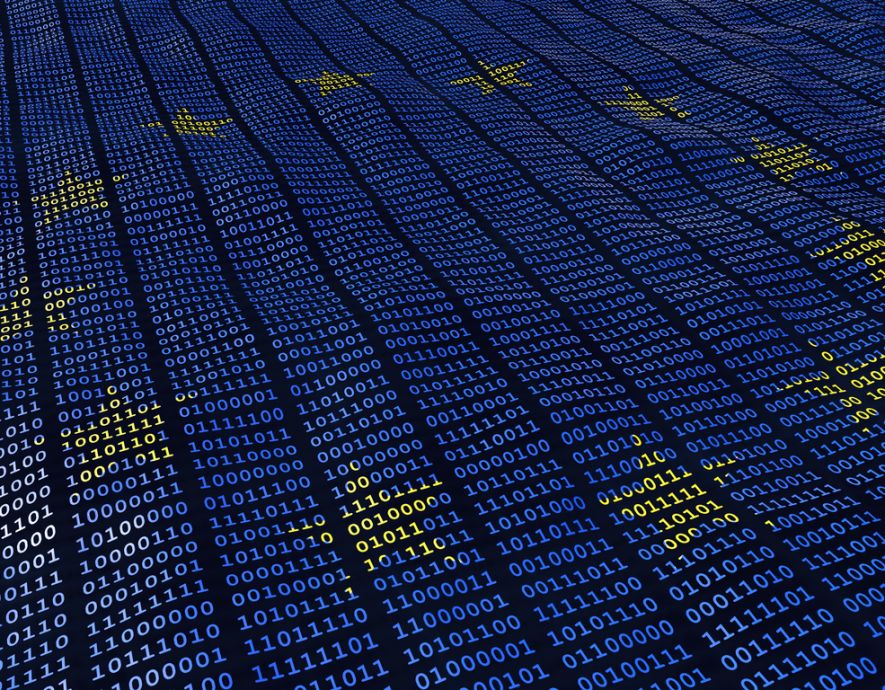![[Cyberthreats : ]European elections under strict surveillance](https://incyber.org//wp-content/uploads/2024/05/incybers-news-network-2160x735.jpg)
Cyberthreats : European elections under strict surveillance
Articles by the same author:
2
4
06.17.25 Cyber +
INTERVIEW with Daniel Blanc, New Director General of the INCYBER Forum Canada
Read
05
MIN




